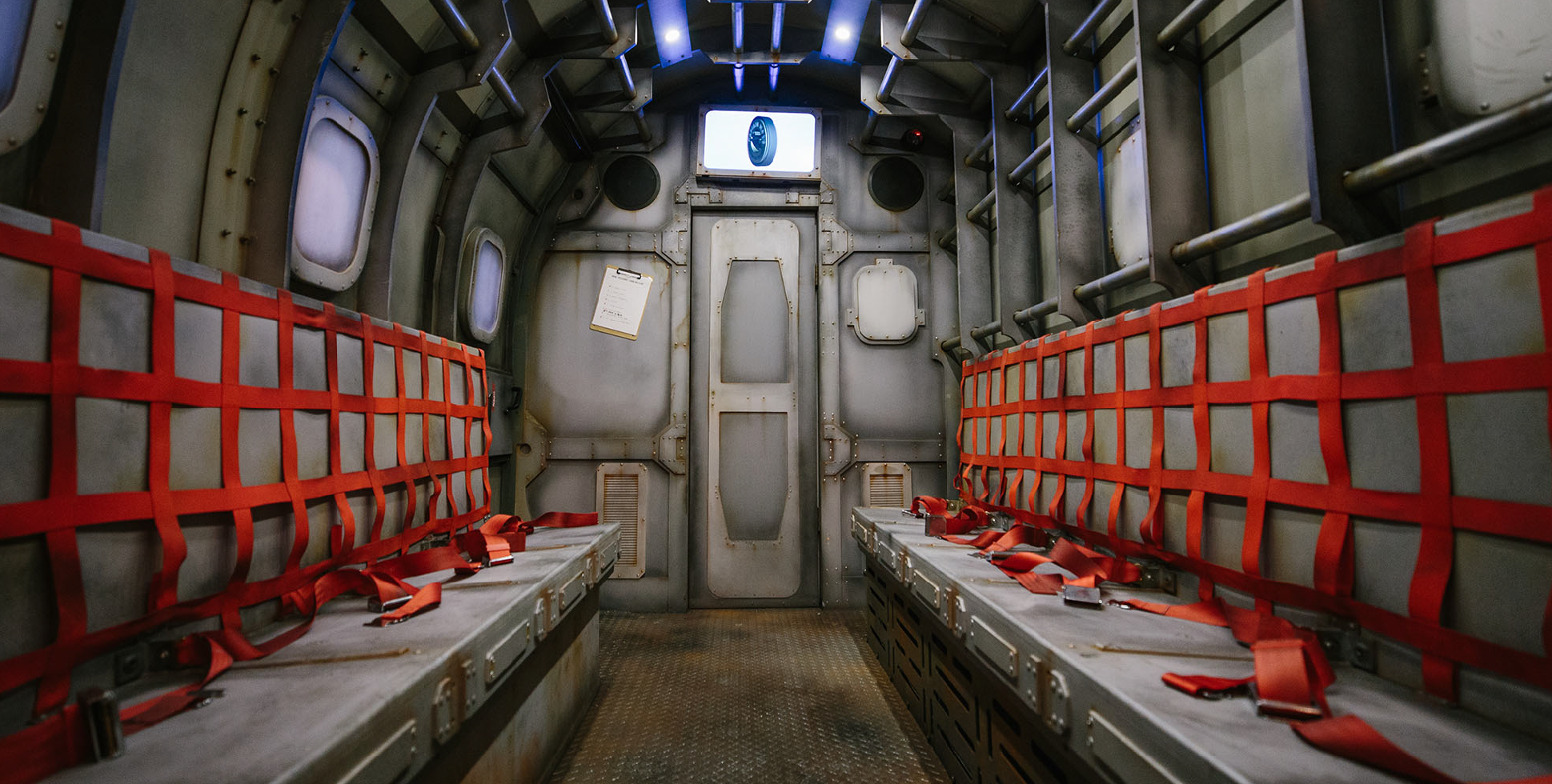Few businesses have remained untouched by the effects of the coronavirus pandemic. Location-based entertainment like arcades and escape rooms have had no choice but to close their doors in order to protect public health. Companies like The Escape Game that offer in-person group experiences are suddenly unable to bring players into their custom-built facilities to play.
After months of mandatory quarantine and with no end in sight in many places, The Escape Game decided to reinvent their popular escape room experience as a completely virtual one. Having played it myself with a group of friends, I can tell you adapting the game for into a Remote Play experience was no small feat, but TEG has truly done everything possible to make their games work online. The experience of joining a group of friends to solve puzzles in an elaborately constructed play area has been successfully maintained in Remote Adventures, and in some ways, it's better than actually being there.
A Host And A Game Guide
The escape rooms themselves and the individual puzzles are identical to the in-person versions. What has changed is merely the way they are presented. After joining a Zoom call and watching a brief introduction, the host will introduce your team and the game guide who is physically in the escape room. One can't help but think of Larry Middleman, otherwise known as George Bluth's surrogate in Arrested Development, when starting a Remote Adventure. Just as Larry acted on the imprisoned George Bluth's behalf, your Game Guide will perform any actions the players ask him to. The Game Guide is your team's surrogate and he is the one exploring the escape room and solving the puzzles while you and your team tell him what to do.
The escape rooms are broken into several chambers with puzzles to solve in each one in order to progress. Anytime the Game Guide enters a new room, a 360-degree image is sent to every player. Players can then look at a live feed of the room via a body camera and talk to the Game Guide, ask him questions, and tell him what actions to take.
Our game guide did a great job at playing dumb while subtly helping us along. As he looked around the room, his camera would often linger on something we had overlooked in order to draw attention to things that are hard to see in the pictures and video. He was great at answering questions in a way that told us what we actually wanted to know, even if the question wasn't phrased exactly right. When we gave him vague directions, he asked for clarification until we communicated clearly exactly what we wanted him to do. It's frustrating on occasion to try to articulate something you could otherwise do instinctively with your own body, but for the most part, we found the guide to be a totally functional solution for remote play.
Solving Puzzles Remotely
Anytime the Game Guide picks up an item, the host adds it to a virtual inventory for each player to inspect. Sometimes these objects are simple things like keys, but other times they are puzzle pieces that need to be combined or decrypted in order to progress. In real life, it would be quite difficult for a group to examine these inventory items together. They could crowd around them somewhat or pass them around, but in Remote Adventures, everyone can see all of the clues at the same time. The experience of solving the puzzles often felt like a stronger group effort than I imagine it would in real life.
There's also a level of polite order the feels inherent to the Zoom meeting experience. I'm not sure if it's conditioning from months of work-from-home Zoom calls or what, but I've done in-person escape rooms with the exact same group of seven people and they weren't nearly as calm or orderly as this one. We each took turns sharing our ideas and talking to the Game Guide. At points when there were multiple steps to a puzzle, it was much easier to assign tasks to each player and divide and conquer.
The Limitation Of Remote Play
I can't say the experience is entirely improved as a remote activity, obviously, as there are definitely some things that don't translate well at all in this format. For example, one of the puzzles involves organizing some objects by weight, something we could only solve by asking the Game Guide which one felt heavier. The objects made different sounds as well, but the audio quality wasn't good enough to detect the subtle differences.
There are things that would have been obvious to us if we were there, but required some subtle nudging in the right direction from the guide for us to find. Sometimes inventory items were resting on the floor that we didn't see but would have if we were there. There's less opportunity for an exploration of ideas when players can't physically be there to touch and explore.
The satisfaction of solving puzzles is greatly diminished when you're not there to do it yourself. Often, once our group discovered the process for solving a puzzle, it became a bit of a chore to describe the actions to the Game Guide. Once everyone understands the concept of the puzzle, it's tedious to simply watch someone else solve it. Inserting the key into a lock is a lot more satisfying than watching someone else do it.
The Best Substitute For The Real Thing
Ultimately, I came out convinced that this is the best escape room experience you can possibly have from the comfort of your own home. I didn't expect it would actually be better in some ways either. An escape room built from the ground up for remote play with consideration for things like camera technology and motion sensitivity (one of our players had to leave because of motion sickness from the guide's camera) would certainly make it a stronger experience, but I'm impressed by how successfully the game has been adapted for Zoom. I sincerely recommend Remote Adventures for friend groups and family members that could use a little escape right now.
The Escape Game offers three different escape room experiences that can be played with groups of up to seven people. Learn more about TEG's Remote Adventure's on their website.




